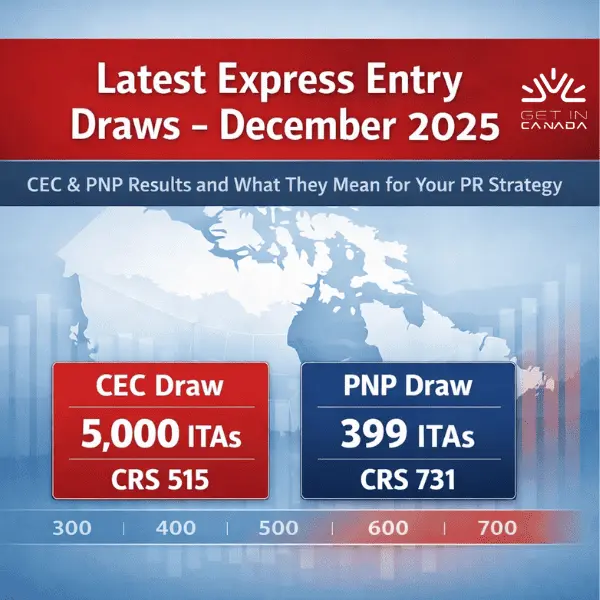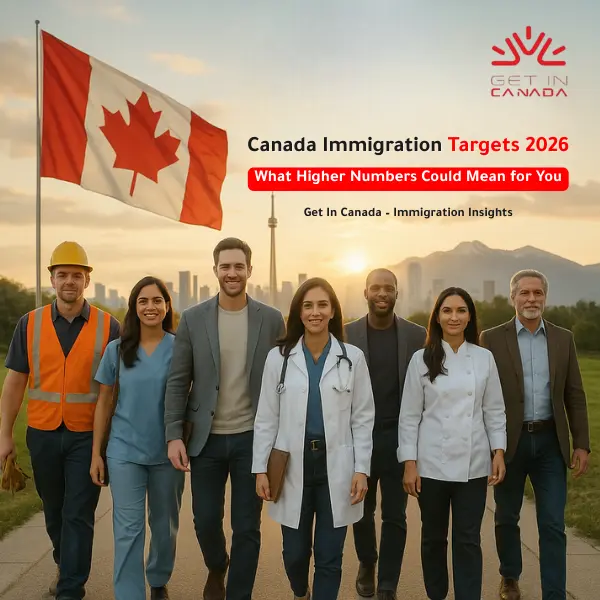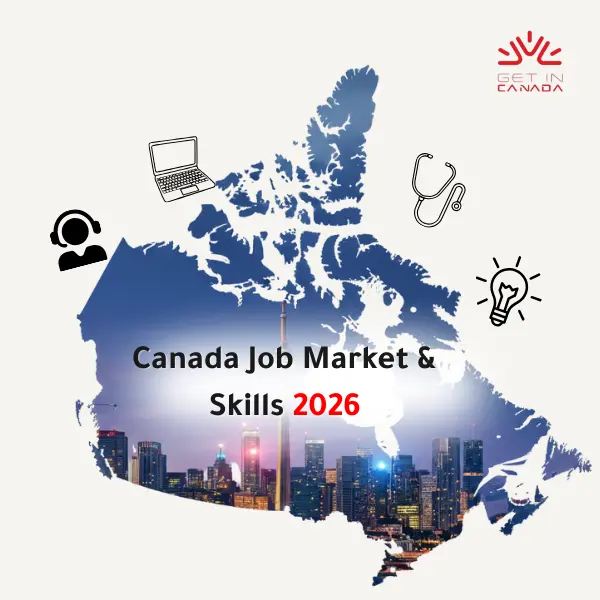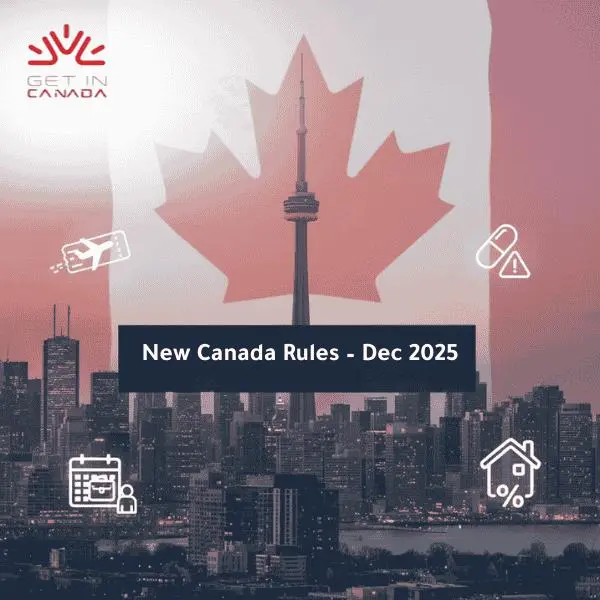How can international students improve their chances of receiving a Canadian PR?
Over the years, international students have been attracted to Canada because of the good universities, diverse population, and opportunity to gain working experience in a foreign nation.
Possessing a Canadian degree and working experience also enhances the PR chances of the candidate in Canada. Graduates from DLIs get extra points in the Express Entry system since they make their profile more competitive in the pool.

The journey to permanent residency in Canada
As much as Canada creates numerous opportunities when you are studying, it doesn’t necessarily mean you will be given a permanent residence status. There are several ways Canadians can work and live in the country after graduation, but opportunities largely depend upon the talent and qualifications of the candidate and the demand for the particular profession in Canada.
Over the past few months, Canada has been undertaking transformations to the style of its immigration framework to fit the needs of the labour market system. This has been compounded by a growing number of highly skilled professionals who are competing for the precious spot in the country after transitioning from a study permit.
In the following, we’ll discuss how international students planning to live in Canada permanently can strategically gain more points.
Find out if you are eligible to get in Canada →
Ways to improve your chance of receiving permanent residency in Canada
Let’s discuss the top 5 ways to increase your chance of receiving PR:
1. Keep up with immigration policy changes
Canadian immigration policy is really sensitive and can be changed depending on the economic state of Canada. As an international student who might intend to live within the country permanently, it is relevant to get informed about the various requirements that are under different program categories.
For instance, this year in January, Canada decided that students enrolled in some specific private programs that have licensing arrangements will not be eligible for the PGWP grant. These programs are usually offered by private colleges, affiliated with a public college but with less supervision.
If you intend to obtain PGWP and work in Canada after completing your studies, you should ensure that you study a program that is recognized for this permit.
2. Pick careers in demand
Canada is targeting the immigration of workers, especially in the sectors that are experiencing shortages, and beginning with the year 2023, the government has begun to target the field of workers it wants to issue express entry. Some of these fields include:
- Healthcare
- Science, Technology, Engineering, Math (STEM)
- Skilled Trades
- Transportation
- Agriculture and Food
If you’re unsure about your career path, it might be worth considering one of these areas. For example, jobs in STEM like engineering or web development could increase your chances of getting selected for permanent residency. Just keep in mind, that the in-demand job list can change, and it doesn’t guarantee PR.
3. Explore Provincial Nominee Programs (PNPs)
All provinces and territories in Canada, excluding Quebec and Nunavut, have developed their PNPs to target skilled workers.
Even when you could not achieve the CRS score or fail to qualify for an Express Entry draw, you could qualify for a provincial nomination. PNPs offer two main paths:
- Express Entry nomination, which gives the candidate 600 points in the Comprehensive Ranking System, making it far easier to obtain permanent residency.
- Direct application to the PNP, a system where you apply for the program of your chosen province.
There are more than 80 PNP options; thus, it can be a good chance if you plan to live in Canada after schooling. Please remember that the requirement for PNP may change depending on the situation of the province.
4. Boost your language skills
English and French, Canada’s two official languages, form an aspect of Canada’s permanent residence. In general, the better your language skills, the better your chance of success.
If you didn’t achieve the desirable results using a test such as IELTS or CELPIP, you still have the option to retake the test to get a better score.
Getting additional skills like learning a second language—the better the language, the better the points earned—French in this case. These years, Canadian authorities have conducted particular invitations for the French language, and the candidates should obtain at least 7 CLB on the NCLC test in all four categories—speaking, listening, reading, and writing.
5. Get your degrees assessed
Canada’s Express Entry factors include education, and having degrees from another country means having them evaluated by a service such as WES that can increase one’s score.
Furthermore, it would help if you were also trying to attain a Canadian degree or program to make your profile stronger for PR.
According to a recent report, international students have the possibility of obtaining PR status in Canada by getting updated with the policies, selecting relevant careers, and learning about Provincial Nominee Programs (PNPs). Explanating better language proficiency in English and French and acknowledging foreign qualifications and education in Canada also create a competitive advantage. Each individual has an equal chance of making their dreams of Canada’s PR come true if done right.











